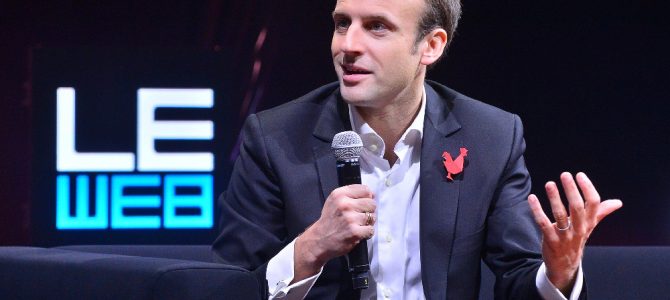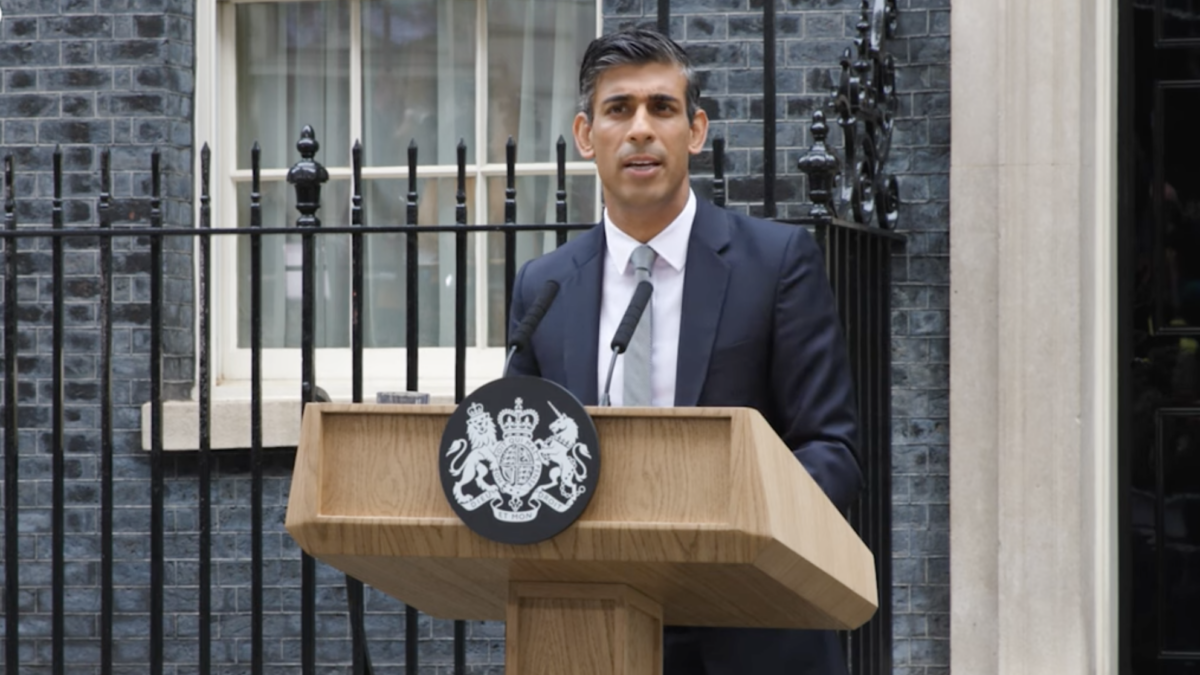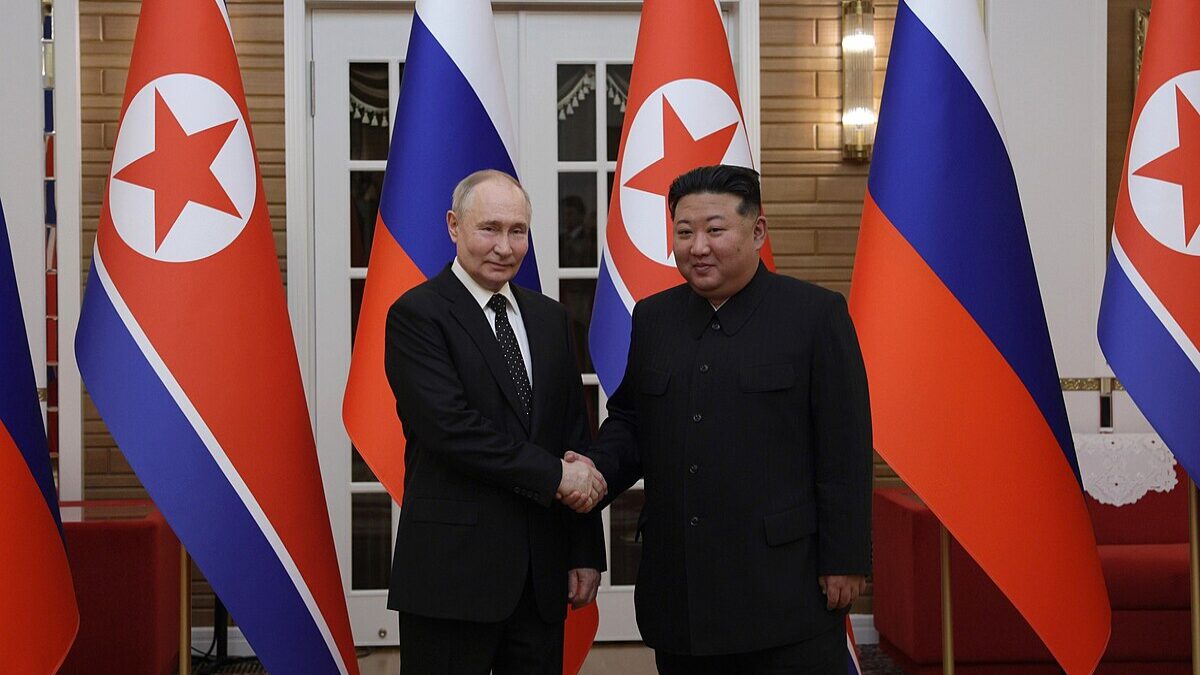
Europe heaved a sigh of relief yesterday after French voters went to the polls and overwhelmingly pulled the lever for Emmanuel Macron, who won with 66.1 percent of the votes compared to Marine Le Pen’s 33.9 percent.
To many who feared the far-right, anti-European Union Le Pen, it might appear that disaster has been averted—and it has, for now. However, France’s wildly unpredictable and anti-establishment election season indicates a country that is unstable, unsure of its future, and beset by the same populist fervor sweeping the rest of the continent.
In the first round of voting, French voters rejected the two major political parties, the Socialist Party and The Républicains, the first time neither establishment party reached the second round since the founding of the Fifth Republic in 1958. Instead, they chose a centrist candidate, Macron, who has never been elected to office and who founded his own party, En Marche!, and Le Pen, the inheritor of a political party long tied to neo-Nazism, anti-Semitism, and the scars of the Algerian War.
A Protest Vote that Delivered a Weak Mandate
In short, French voters have rejected the status and quo and are looking for a way out. They’ve decided that way lies with the 39-year-old newcomer Macron—fresh blood, something they haven’t tried before.
But Macron is not as much of an outsider as he seems. He is in effect the establishment’s last chance. Despite running as an independent, Macron had the backing of every establishment politician, not to mention having been groomed in the elite schools of Paris.
Moreover, while the headline results of the election might seem like a strong mandate for Macron, the numbers tell a different story. Approximately 25 percent of French voters abstained from the election. They felt they were being asked to choose between two poor candidates, and in the end, they preferred to stay home in protest.
More interesting is the fact that 43 percent of those who voted for Macron said they did so not in support of him but in opposition to Le Pen and the National Front. This was the “Republican Front” that many were hoping would materialize to shut out Le Pen, much like it did in 2002 when her father, Jean-Marie Le Pen, ran against Jacques Chirac. (In that election, the elder Le Pen got less than 18 percent to Chirac’s 82 percent, a stark contrast to the more mainstream Marine Le Pen’s nearly 35 percent of the vote.)
The large number of protest votes for Macron show that, while most of France did not want to see a National Front presidency, neither did the majority of France wish for a Macron presidency.
This puts Macron in a precarious position. At the outset, he will have general support and be viewed enthusiastically, mainly because he’s not Le Pen. But over time, if he fails to satisfy the fickle French he could succumb to the fate of France’s current president, Francois Hollande.
If Macron Fails, Get Ready for Trouble
As minister of the economy under Hollande, Macron was responsible for many of the economic policies that made Hollande the least popular president in French history. Hollande ran on fervent socialist policies, including further protections for workers and exorbitant taxes on the wealthy. When those policies failed to produce positive results in the economy, he turned to Macron’s traditional conservative economic strategies, like reducing regulations. The French voters who had supported Hollande were less than pleased. Things got so bad for Hollande that, in an unprecedented move, he decided not to run for re-election.
The Hollande experiment gives us an idea of how the French will respond to Macron’s proposed economic policies, which include doing away with employer restrictions on firings and further reducing regulations. Such policies certainly won’t please France’s working class or the strike-happy unions that have long held sway over Paris. Case in point: one of France’s largest trade unions is already calling for demonstrations on Monday against “liberal” economic policies.
If Macron is an unpopular president, whether based on his economics, his pro-European Union views, or his untested response to terrorism, he could be the catalyst for France finally to embrace the National Front—something more than a third of the country evidently already does.
In her speech Sunday night, Le Pen said that the National Front will be “profoundly transformed” and will become the “main force of opposition” to Macron. If she’s capable of doing that, of changing the party’s image even more than she has in the past few years, we could see a National Front in five years positioned to take power with a popular mandate.
Take Great Care, Emmanuel Macron
The National Front won more votes in the second round than it has in any previous election. Although it wasn’t nearly enough to clinch the presidency, it indicates a profound change in the feelings and attitudes of French voters nervous about the EU, mass migration, and a persistently stagnant economy. It also shows that the National Front can rally support and make progress beyond its traditional nationalist base, which could spell trouble for the French establishment five years down the road.
But the only way all this would be possible is if Macron’s presidency is deeply unpopular. Macron said Sunday night, “The task that awaits us is immense,” and he pledged to, “fight with all my might against the division that is eating away” at France and heal the country’s “anxiety and doubt”.
These promises to fight against divisiveness and be the man who will lead France forward into a new historic era strongly echoe former U.S. president Barack Obama. They smack of hope and change. Macron’s Twitter account told people Sunday night that they had chosen “audacity.”
If Macron governs like Obama, as a divisive leader who presides over an economic slump, he will leave office in five years with an electorate ready to swing in an unpredictable direction.









